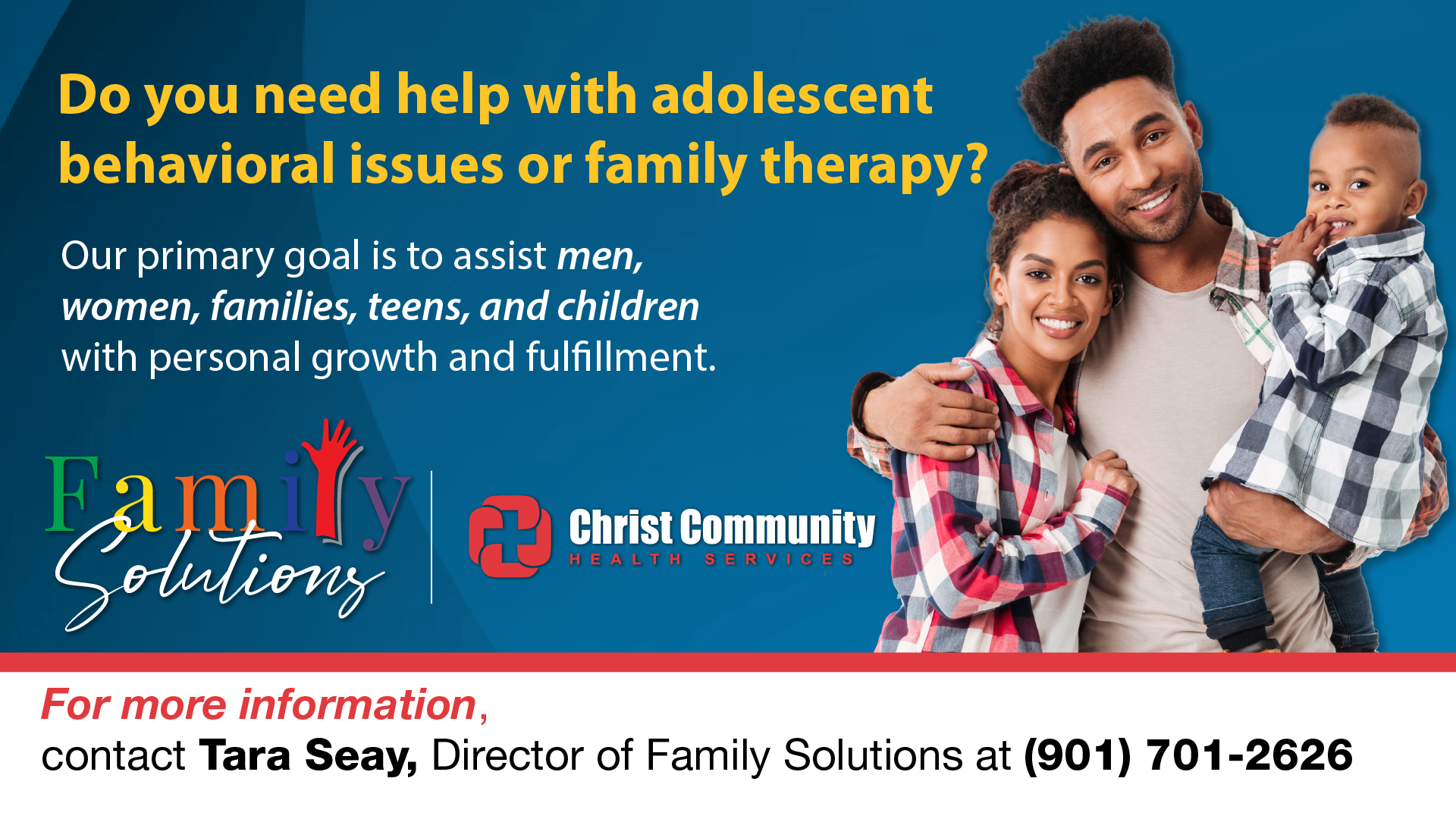Attention-Deficit/Hyperactivity Disorder (ADHD) is one of the most common neurodevelopmental disorders in children. It often shows up as difficulty paying attention, staying organized, following directions, or managing impulsive behaviors. In the classroom, these challenges can create barriers to academic success and emotional well-being. However, with the right strategies and support, children with ADHD can thrive.
Understanding ADHD in the School Setting
Children with ADHD may struggle to sit still, remain focused, or complete tasks. These behaviors are not the result of laziness or lack of intelligence. They are part of how the brain functions for students with ADHD. Recognizing this distinction is key to offering effective support, both at school and at home.
Interventions That Make a Difference
Here are several practical and research-based interventions that can help students with ADHD succeed in school:
1. Structured Routines
Consistent daily routines help students with ADHD know what to expect. Visual schedules, clear transitions between activities, and advance notice of changes can reduce anxiety and increase focus.
2. Preferential Seating
Placing the student close to the teacher and away from distractions, such as windows or high-traffic areas, can improve attention and engagement.
3. Frequent Breaks
Short, scheduled movement breaks throughout the day can help students manage restlessness and return to tasks with better focus.
4. Positive Reinforcement
Recognizing and rewarding desired behaviors encourages students to repeat those actions. This can be as simple as verbal praise or using a token system that leads to small rewards.
5. Chunking Assignments
Breaking large tasks into smaller, manageable parts helps reduce overwhelm. Each completed step builds confidence and keeps students on track.
6. Use of Assistive Technology
Tools like timers, audiobooks, and organizational apps can support time management, reading comprehension, and assignment tracking.
7. Collaboration with Families
Teachers, counselors, and parents should work as a team. Regular communication helps reinforce strategies at home and provides consistent support.
Creating a Supportive Environment
Success for students with ADHD begins with empathy, patience, and structure. When educators, parents, and mental health professionals work together, children receive the guidance and encouragement they need to overcome challenges and reach their potential.
If you believe your child may benefit from additional support, a comprehensive evaluation or consultation with a behavioral health professional can be a great first step.
Tara Seay, B.A., M.A., LPC-MHSP
Director of Family Solutions, Family Therapist
3481 Austin Peay Hwy, Memphis, TN 38128
Office: (901) 701-2873 | Fax: (901) 701-2879

